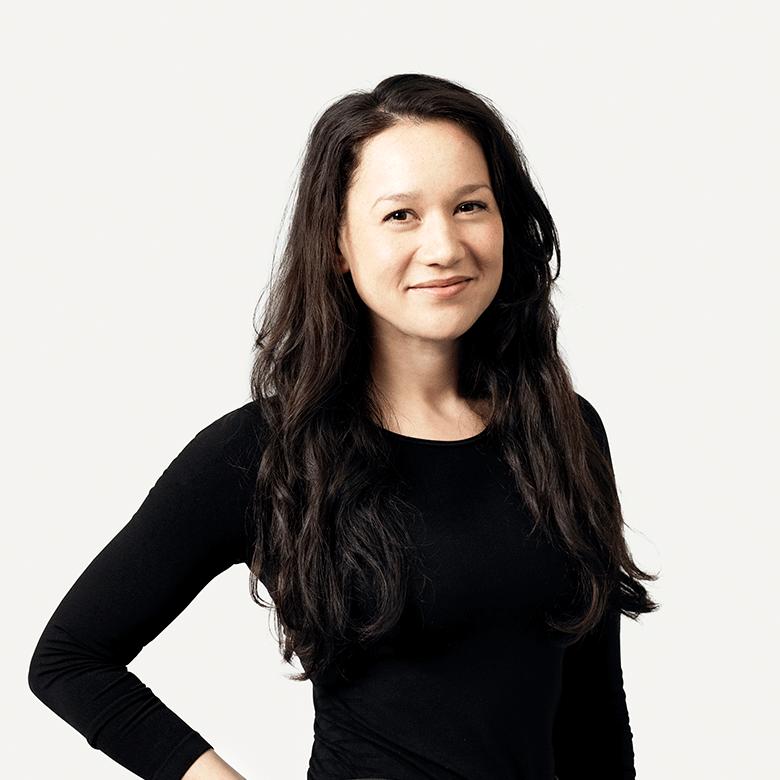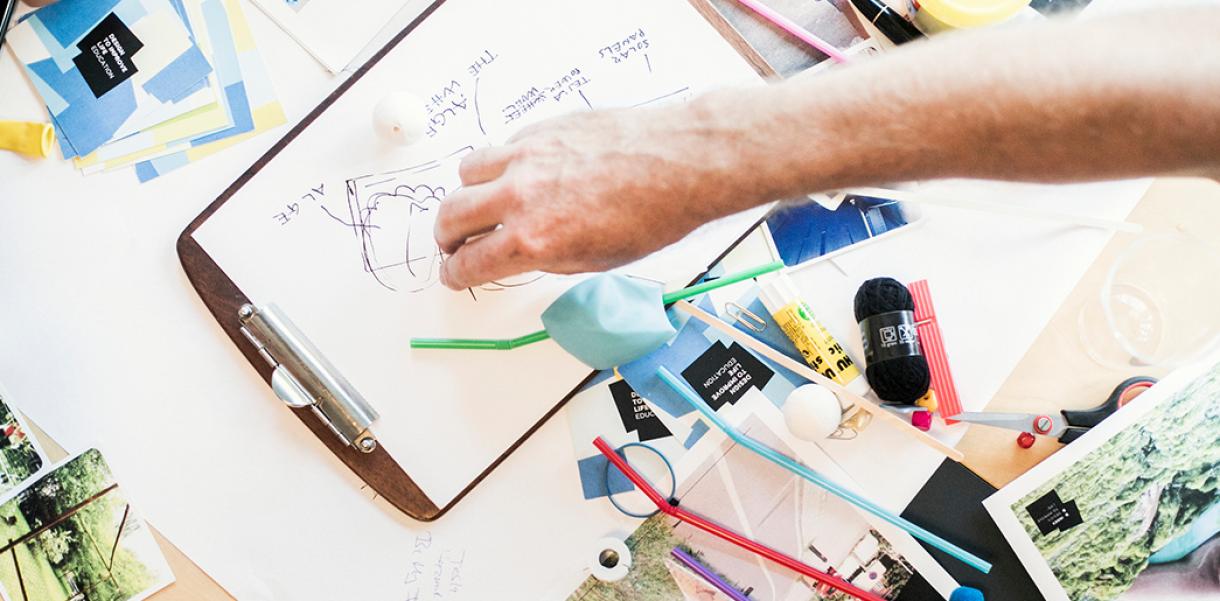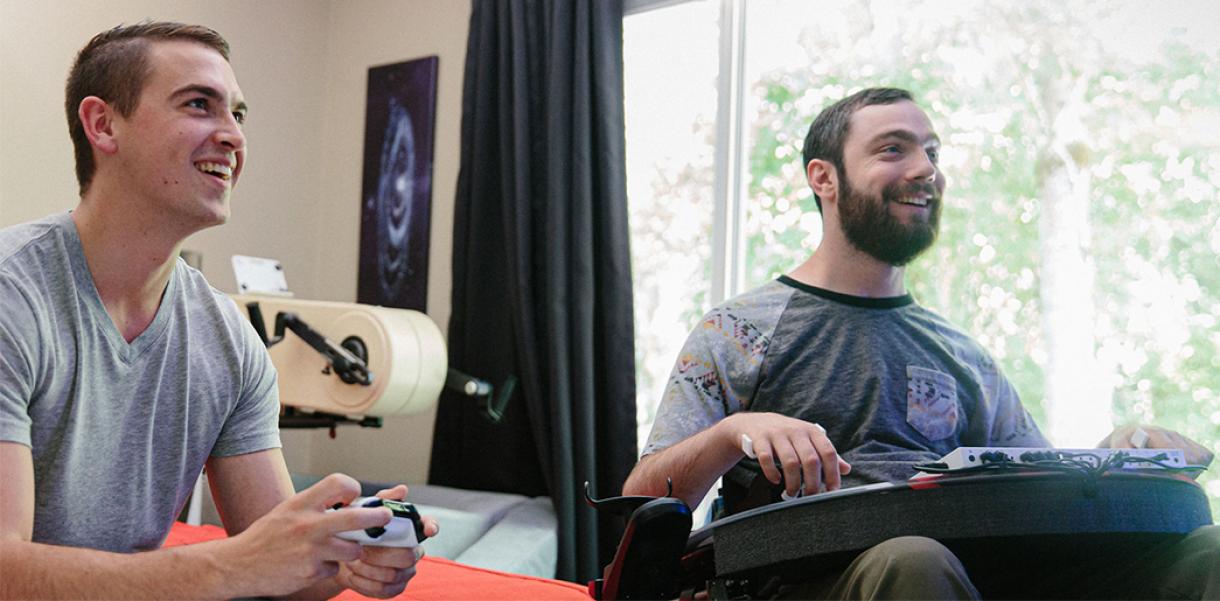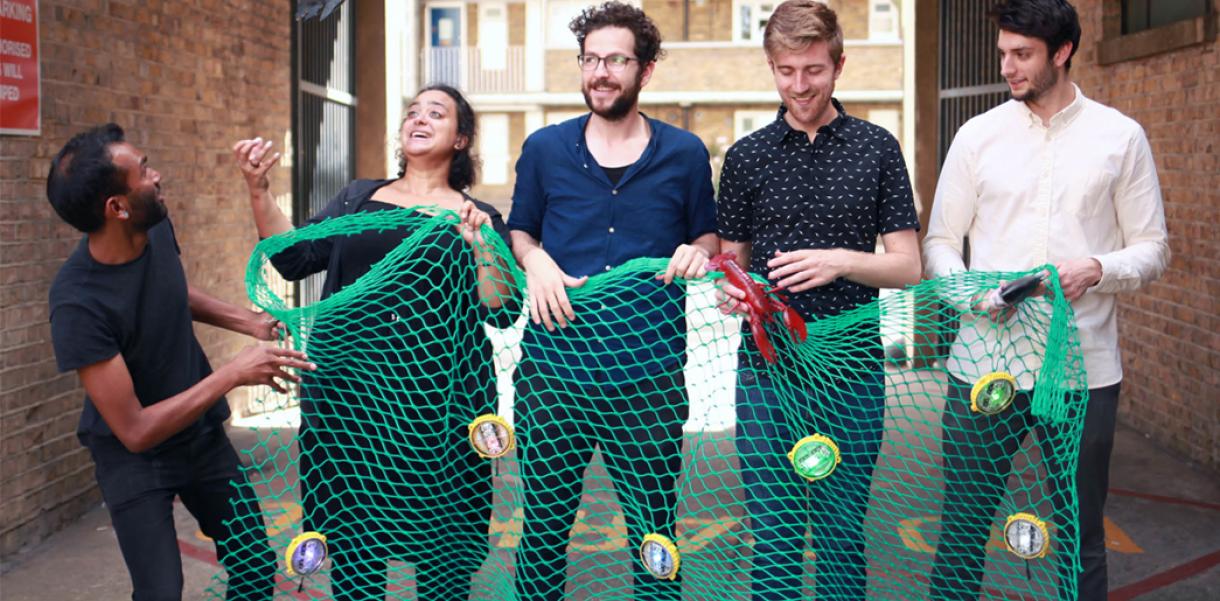This week, we’re proud to launch “Design Thinking in STEM” a pilot education programme run in collaboration with Siemens Stiftung. Kicking-off in Cape Town, South Africa, the programme will combine STEM education with design thinking to foster a new method of innovative teaching.
STEM is a key focus area of Siemens Stiftung’s education programmes. The curriculum teaches students science, technology, engineering and mathematics, in an interdisciplinary and applied approach. And, is an essential element for the development of tomorrow’s society.
By combining STEM with design thinking, which fosters empathy, critical thinking and innovation skills, we aim to create new methods for schools to design real-world solutions and responsibly shape the future.
The intense two-day workshop will be facilitated by our Education Director Charlotte Høeg Andersen and Global Strategy Lead Jana Rudnik. The participants, comprising local teachers from Siemens Stiftung’s STEM Network, will be introduced to the basic principles of design thinking, including the Design to Improve Life Compass. They will then co-create ways to implement the specialist knowledge and tools into STEM lessons.
The programme will also introduce the UN Sustainable Development Goals, where STEM subjects have been broken down and applied to specific local challenges, such as clean drinking water or sustainable power generation.
Teachers will eventually implement these methods into their classes where students will address global challenges with a focus on empathy, teamwork and creative problem-solving. Early on in the process, ideas and approaches will be turned into tangible prototypes to be tested and evaluated.
Following the completion of the workshop, additional programmes will be rolled out in several other African countries, as well as Latin America and Germany.
For more updates during the week, make sure to follow us on Instagram and Twitter. More information regarding our Design to Improve Life Education workshops can be found here.






